In November, we acknowledge Indigenous Disability Awareness Month, Prematurity Awareness Month, Hindu Heritage Month, National Pain Awareness Week, International Inuit Day, World Adoption Day, Remembrance Day, World Kindness Day, World Diabetes Day, Bullying Awareness and Prevention Week, World Prematurity Day Transgender Day of Remembrance, National Child Day, Children’s Grief Awareness Day and the International Day for the Elimination of Violence Against Women.
Below, read more about each date of significance, written by members of our Inclusivity, Diversity, Equity and Accessibility (IDEA) Committee.
Indigenous Disability Awareness Month
November is Indigenous Disability Awareness Month (IDAM), a time to reflect on the unique experiences and contributions of Indigenous people with disabilities. Established in 2015 by Indigenous Disability Canada and the British Columbia Aboriginal Network on Disability Society, IDAM raises awareness of the social, economic and cultural contributions Indigenous persons with disabilities make to their communities while also highlighting the challenges they face.
More than 30 per cent of Indigenous Canadians aged 15 and older experience some form of disability, a rate higher than the general population. This highlights the need for inclusive, culturally appropriate services that address both disability and the additional barriers Indigenous people face, including systemic discrimination, limited childcare and transportation, and gaps in accessible supports. These challenges are rooted in the social determinants of health and are deepened by the ongoing effects of colonialism on mental and physical well-being.
For details on supporting IDAM or further information on the awareness month, please visit https://www.bcands.bc.ca/.
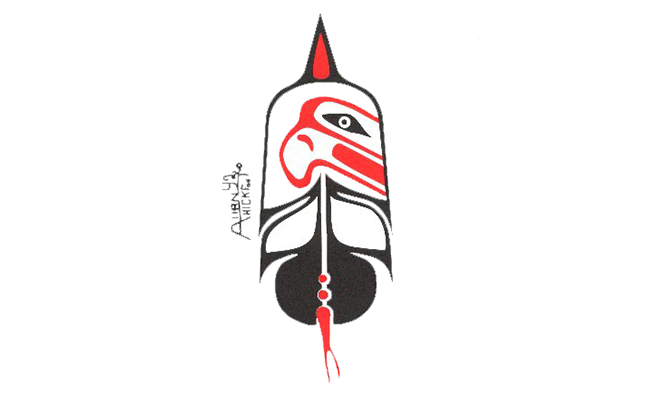
Prematurity Awareness Month
November is Prematurity Awareness Month, a time to raise awareness and understanding of the experiences of babies born too soon and the families who support them.
A premature birth typically occurs before 37 weeks of pregnancy. Premature babies may need extra medical care after birth and can experience ongoing developmental, feeding or sensory differences as they grow. Despite these challenges, many children born prematurely go on to thrive with the right care, encouragement and support.
At Grandview Kids, we are proud to walk alongside families of children born prematurely. Our dedicated team of therapists, clinicians and family support workers provides early intervention, therapy services and guidance to help each child reach their full potential. Together with parents and caregivers, we celebrate progress, build confidence and nurture hope.
Throughout November, you may notice purple being worn or displayed to honour Prematurity Awareness Month and show support for premature babies and their families. The colour symbolizes compassion and courage for the tiniest fighters and their incredible loved ones. By learning, supporting and sharing their stories, we can continue to promote understanding and help every child grow to their greatest potential.
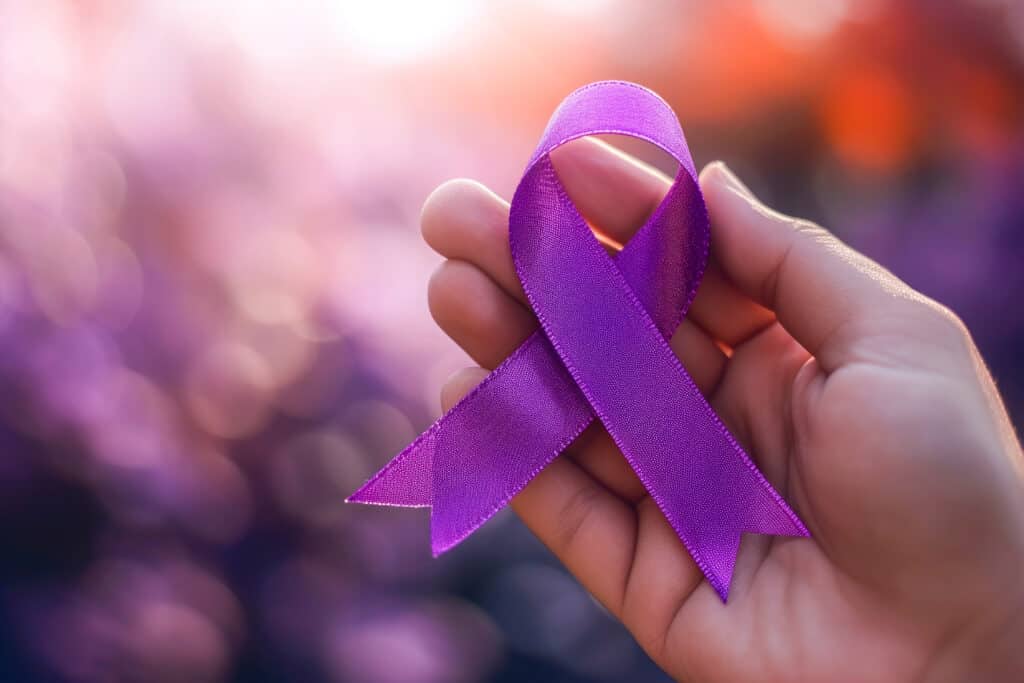
Hindu Heritage Month
Hindu Heritage Month is observed annually in November in Canada to recognize and celebrate the contributions of the Hindu community to Canadian society. The month highlights the rich cultural, spiritual and social traditions of Hinduism and promotes awareness and understanding of Hindu values, history and practices. It provides an opportunity for Canadians of all backgrounds to learn about Hindu festivals, arts and community initiatives while fostering inclusivity and multicultural engagement across the country.
Throughout November, communities across Canada host events, educational programs and cultural celebrations to showcase Hindu heritage and encourage dialogue and understanding. These activities aim to strengthen connections between diverse communities, promote respect for cultural diversity and inspire Canadians to reflect on the important role that Hindu Canadians play in the social, cultural and economic life of the country.

National Pain Awareness Week: November 3 to 9
In Canada, one in five people experiences daily or chronic pain, an often invisible condition that affects people’s lives in many ways, impacting both physical and mental health. Because pain cannot always be seen, others may not fully understand the weight a person carries or believe their experience. When left unmanaged, chronic pain can increase the risk of high-risk substance use as a form of self-medication.
Groups such as Indigenous Peoples, trades workers, veterans, 2SLGBTQIA+ individuals, women, and people with trauma or disabilities are disproportionately affected by chronic pain. Living with pain can limit how people engage with their families and communities, enjoy their interests and maintain their quality of life. National Pain Awareness Week encourages open dialogue and greater understanding of the experiences of those living with chronic pain. Visit https://www.paincanada.ca/ for more information.
International Inuit Day: November 7
International Inuit Day celebrates the culture, resilience and contributions of the more than 180,000 Inuit around the world. Central to sustaining the Inuit way of life is the Inuit Circumpolar Council (ICC), an international organization founded in 1977 by the late Eben Hopson of Barrow, Alaska. The ICC represents Inuit from Canada, Alaska, Greenland and Chukotka (Russia) and holds Consultative Status II at the United Nations.
The ICC unites Inuit efforts to protect and promote their culture, environment and livelihoods. Through advocacy and partnership, the organization works to advance economic and social development while ensuring that Inuit voices are heard in global discussions affecting their homelands.
The endurance and resilience required to live in Arctic regions are reflected in the traditions and practices of the Inuit. Generations have passed down vital survival knowledge through fishing, hunting and environmental stewardship, ensuring the well-being of their communities. Inuit ceremonies, carvings, weaving and printmaking all express a deep respect for the environment and the animals that sustain them.
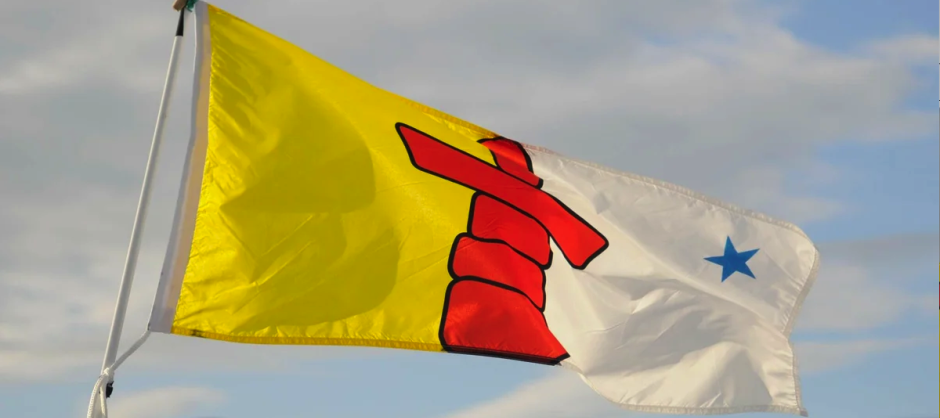
Inuit culture is also rich in storytelling, often shared through drum dancing and throat singing. Strong family and community bonds are at the heart of daily life, from hunting and sharing food to celebrating seasonal traditions.
International Inuit Day honours this strength, unity and deep connection to the land, which continue to shape the Inuit identity and inspire generations to come.
Learn more about International Inuit Day:
- ICC (Inuit Circumpolar Council)
- Ebon Hopson Biography (Inuit Politician and Activist)
- Reconciliation, Government Apology to Inuit Community
World Adoption Day: November 9
World Adoption Day is celebrated globally to raise awareness about adoption and support the adoption community. The day encourages adoptees, adoptive parents, birth mothers and others to share their stories. A common way to participate is to draw a smiley face on your hand and share a photo on social media using the hashtag #WorldAdoptionDay.
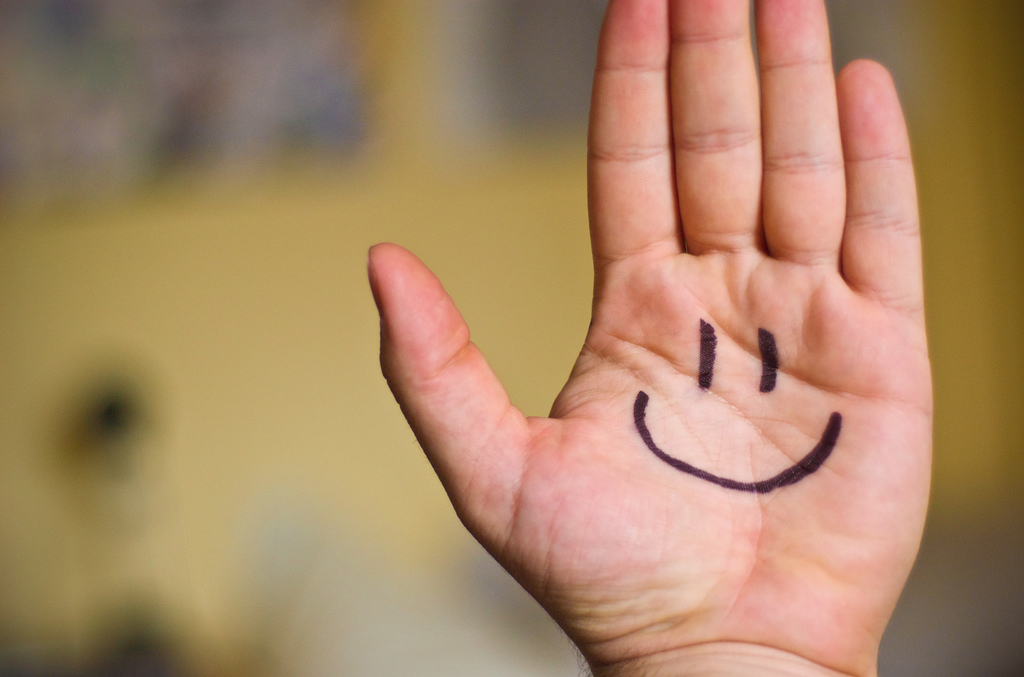
Remembrance Day: November 11
Remembrance Day is observed annually in many Commonwealth countries, including Canada, to honour those who lost their lives in military service and to recognize the contributions of all who served during times of war. In Canada, it takes place each year on November 11, marking the anniversary of the 1918 Armistice that ended the First World War.
Across the country, the day is marked with public ceremonies and church services, often featuring the playing of the “Last Post,” the reading of the fourth stanza of the poem For the Fallen, and a two-minute silence at 11 a.m. Wreaths are laid at war memorials, and schools hold assemblies to reflect on the sacrifices made.
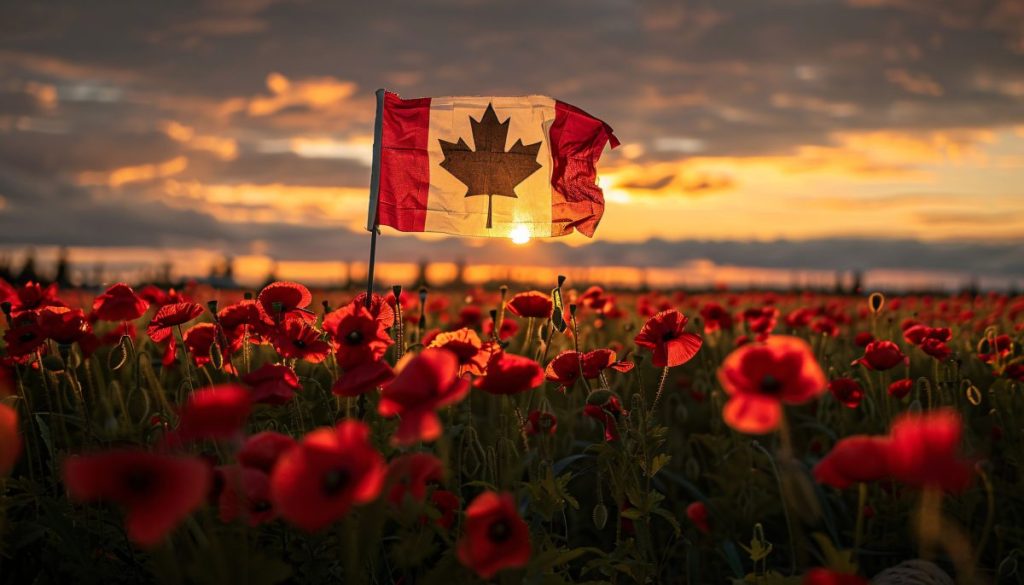
World Kindness Day: November 13
World Kindness Day began in 1998 during a conference on kindness. The day’s mission is to inspire individuals and connect nations to create a kinder world. Acts of kindness are linked to greater well-being, as well as increased self-esteem, empathy and compassion.
World Kindness Day offers a chance to reflect on how we show kindness to others and to ourselves. Celebrating the day in 2025 is an opportunity for you and your children to focus on spreading kindness and cultivating these habits in daily life.
World Diabetes Day: November 14
November 14 marks World Diabetes Day, a global effort to raise awareness and support for those living with diabetes. At Grandview Kids, we recognize the courage and resilience of children, youth, and families managing this lifelong condition.
More than 540 million people worldwide live with diabetes, including many children. Early education, accessible care, and ongoing support make a real difference in helping kids lead healthy, confident, and active lives.
Today and every day, Grandview Kids stands with families affected by diabetes, working to build understanding, promote wellness, and empower every child to reach their full potential.
Bullying Awareness and Prevention Week: November 16 to 22
November 16-22 is Bullying Awareness and Prevention Week in Ontario. Observed during the third week of November, the week focuses on creating safe and positive learning environments for all students. Every student has the right to feel safe and welcome in their school community.
Bullying is behaviour intended to harm, hurt, or humiliate, often carried out by someone with more power. It can take many forms, including physical, verbal, social, or online, and is often based on race, religion, sex, or disability. Unlike conflict, which typically involves equal power and ends once harm is recognized, bullying continues until it is addressed.
Students and adults who experience or witness bullying are encouraged to report it. Adults play a key role in recognizing and stopping bullying, while promoting healthy relationships and positive environments. Teaching bystanders to step in assertively through scripts and role play can shift power imbalances and support victims, fostering social responsibility in the process.
World Prematurity Day: November 17
November 17 is World Prematurity Day, a global awareness day highlighting the impact of premature birth. Two symbols represent the day: the colour purple, symbolizing sensitivity and uniqueness, and an iconic image of a tiny pair of purple socks surrounded by nine larger white socks, representing the one in 10 babies born prematurely worldwide. The day underscores the urgent need for improved health care systems for premature babies and their families.
The official slogan for 2025 is “Give preterm babies a strong start for a brighter future.” This year’s message emphasizes the importance of providing preterm babies with the care they need to reach their full potential.
People can support World Prematurity Day by wearing purple, sharing posts on social media using relevant hashtags, or visiting the official website for more information.
Transgender Day of Remembrance: November 20
November 20 marks Transgender Day of Remembrance. The day honours transgender and gender-diverse individuals whose lives were lost to anti-transgender violence. This year’s theme, “Lives Remembered, Futures Reclaimed,” highlights the importance of creating safe, affirming spaces for all children and youth, particularly those who are transgender, non-binary, or questioning.
At Grandview Kids, we are committed to inclusion, compassion, and advocacy through our practices and initiatives led by the IDEA Committee. TDOR is both a day of mourning and a call to action. Supporting transgender youth includes using inclusive language, providing gender-affirming care, and educating ourselves and others. Through reflection, creative expression, or connecting families with supportive services, we honour those lost and work toward a future where every child feels seen, safe, and supported.
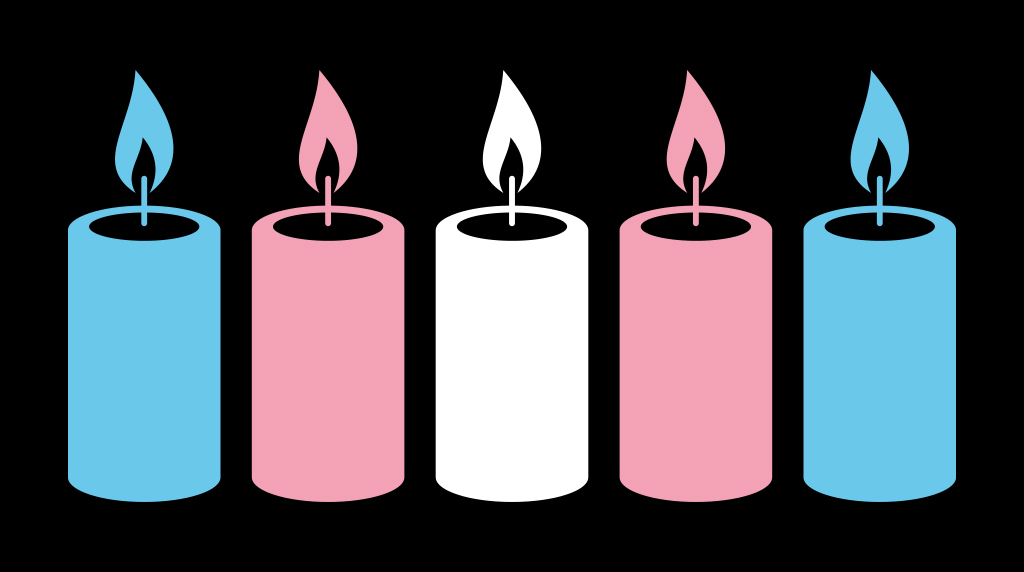
National Child Day: November 20
November 20 marks National Child Day, recognizing the adoption of the United Nations Convention on the Rights of the Child. The convention, adopted on November 20, 1989, established childhood as a time to be protected and cherished, separate from adulthood, and outlined four guiding principles:
- Non-discrimination: All children are entitled to their full rights, regardless of gender, abilities, socioeconomic status, or circumstances of birth.
- Best interests: Decisions affecting children should prioritise their needs, rights, and autonomy.
- Survival and development: Children have the right not only to live but also to grow and thrive, with access to food, shelter, water, and education.
- Views of the child: Children’s voices must be heard and considered in decisions that affect them.
The convention contains 54 articles outlining children’s inalienable rights to safety, care, education, and the enjoyment of their childhood. Canada ratified the agreement in 1991, and as of 2022, 196 countries have committed to protecting children under these principles. Canada has marked November 20 each year since 1993 by educating children about their rights and celebrating childhood. Activities, resources, and conversations with children help foster understanding and uphold the spirit of the convention, ensuring that children’s dignity and rights are respected worldwide.
Learn more about National Child Day:
- Government of Canada National Children’s Day Activity Bank
- National Child Day: Understanding children’s rights in Canada, CBC Kids News’
Children’s Grief Awareness Day: November 21
November 21 is Children’s Grief Awareness Day, a time to recognize that grief affects young lives in profound and unique ways.
In a single year, more than 203,000 of Canada’s 7.5 million children under 18 will experience the death of someone in their extended family and one in 14 will face the loss of a parent or sibling living at home. The death of a parent or sibling is among the most stressful events a child can endure, yet children often remain hidden mourners with little attention paid to their bereavement needs.
Grief can look very different for children with disabilities or complex medical needs. Some may not fully understand what death means while others may express it through changes in behaviour, communication or physical health. Siblings of children with disabilities also experience unique grief, mourning the challenges or changing abilities of their brother or sister even when no death has occurred. This grief may show up as worry, frustration, withdrawal or overprotectiveness. These children benefit from extra patience, clear explanations and reassurance that their feelings are valid and they are not alone.

Supporting a grieving child includes:
- Using honest simple language when explaining death
- Encouraging creative expression through drawing, play or music
- Reassuring children that all feelings, sadness, confusion, anger, are okay
- Recognizing that siblings of children with disabilities may also grieve
- Maintaining steady routines
- Seeking professional or peer support when needed
Providing age and ability appropriate information, normalizing responses and encouraging children to share their thoughts through art, play, movement or sound is crucial. Parenting a grieving child can be especially challenging when parents are also grieving but access to inclusive resources and community support can help families navigate grief together.
Wear blue on November 21 to show support for grieving children, including those with disabilities, and their families, and to remind them that their feelings matter, their voices are heard and they are not alone.
The International Day for the Elimination of Violence against Women: November 25
The International Day for the Elimination of Violence against Women is observed annually on November 25. Designated by the United Nations General Assembly in December 1999, the day aims to raise global awareness about the violence women and girls face and to promote advocacy for their rights.
The day also marks the start of the 16 Days of Activism Against Gender-Based Violence, a global campaign that runs from November 25 to December 10. Launched in 1991, the campaign serves as a strategy to unite individuals, organizations and governments in the fight to eliminate violence against women and girls. It aligns with key international observances, beginning with the International Day for the Elimination of Violence against Women and ending on Human Rights Day, to emphasize that gender-based violence is a human rights violation.
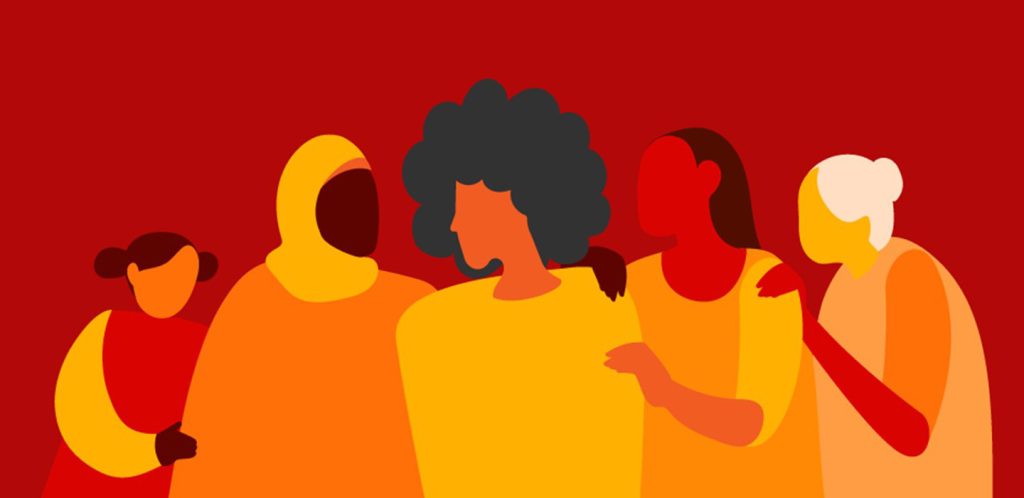
The campaign mobilizes action, raises awareness and strengthens efforts to end gender-based violence worldwide, with the overarching goal of eliminating violence against women and girls by 2030.
Check out more Grandview Kids articles
- Team Grandview achieves Accreditation with Exemplary Standing, receiving a perfect score
- “Grandview Kids became my life raft” – International Day for People with Disabilities
- December: Dates of Significance
- From the search for support to finding a village: Celebrating Giving Tuesday
- Scarlett sparkles with hope in every step: Grandview Kids 2025 Holiday Campaign
